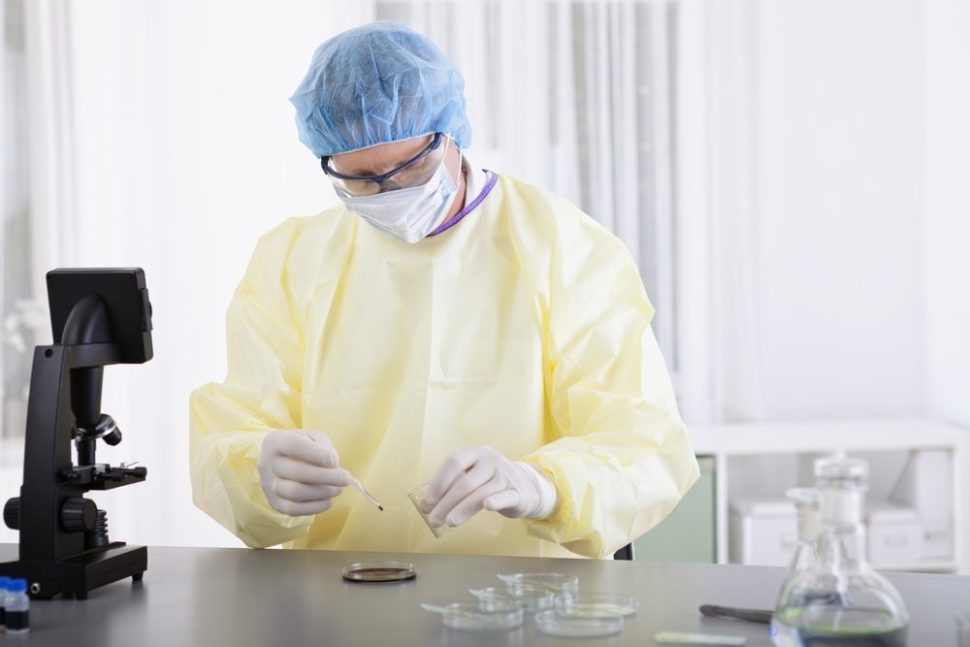As we learn from our own mistakes, so do failed medical studies benefit medical research.
Clinical trials aren’t just for experimental drugs and FDA approval. They apply for everything from clinical studies to therapy research. Similarly to their chemical brethren, studies for behavioral, social, or otherwise non-drug related therapies can fail. These are known as “negative trials”.
So how can an utter failure be good for the scientific community?

Case Study: Autism and Music Therapy
You have a basic understanding of how a negative trial works: the proposed hypothesis isn’t met after rigorous testing.
Some would say a negative trial is nothing but a setback for those involved and the product or service in trial.
However, disproving something can be just as impactful as proving something new. It can reinforce current practices or even shed light on ways to improve based on what failed. Consider, for instance, a recent study conducted with autistic children and music therapy.
Positive to Negative Results
While a study from 2013 suggested that music therapy could help treat those on the Autism spectrum, a 2017 study disproves this theory. The randomized, multicentered trial focused on improvisational music therapy for 364 children with Autism spectrum disorders. It took place over 3 to 5 months with trained musical therapists working with the children. Logically, a disease displaying issues with social communication could be augmented by utilizing skills like mirroring and synchronization.
Despite this, when compared to regular therapy, the results produced nothing novel or of note. The children who weren’t in the control group showed no discernible improvements from children in the control group. So, as F. Perry Wilson MD, MSCE asks, was the issue the intervention or the study itself? In the case of this particular study, there are a few reasons why the trial went negative.

Reason One: Duration of Study
As with all scientific experiments, the duration of the study matters quite a bit. In this case, the study actually ended earlier than intended. The culprit isn’t difficult to discover; it’s as simple as why many companies crash. The all important issue is funding. What might have happened if the study conducted its proposed 4 interim analyses on their control and test subjects?
Reason Two: True Sample Size
In the music therapy study, researchers only investigated trial participants who attended one or more follow-up sessions. This means that the study had an inherent discrepancy as noted by Medpage Today. “Fourteen percent of those randomized were never analyzed, and the standard care group had more of those kids”. As a result, this could have led to bias which could have contributed to the negative trial results.

Reason Three: Intervention Uniformity
In any study, uniformity mitigates anomalies. The question of “was it the study or method of intervention”, in this case, leans toward the intervention. Why?
In many medical trials, a drug has a uniform dosage or schedule for every patient. With the music therapy study, it was a bit more difficult to control patient needs and therapist performance. After all, humans are individuals and everyone’s needs and areas of expertise differ. As a result, this kind of “non-precision” regarding the intervention method can increase the outcome of a negative trial.
So, we know why this method of intervention was problematic. Future researchers could, theoretically, adjust and improve based on this acquired knowledge. Without the previously failed trial, new studies would befall the same fates.
What Could Make a Trial Go “Negative”?
While negative trials can have positive secondary analyses, what are some ways to prevent the trials from going negative in the first place?
- Identify what caused non-precision: the study or the intervention
- Complete the full duration of the study
- Secure funding via grants, private funding, or crowdfunding
Of course, it’s easy to point out these “simple” ways to avoid negative trials. However, something as integral as funding is a hard obstacle to overcome if you lose it. Still, it is undeniable how negative trials can improve our current understanding of protocols and treatments. They can even lead to further improvements.


















Comments (0)
Most Recent